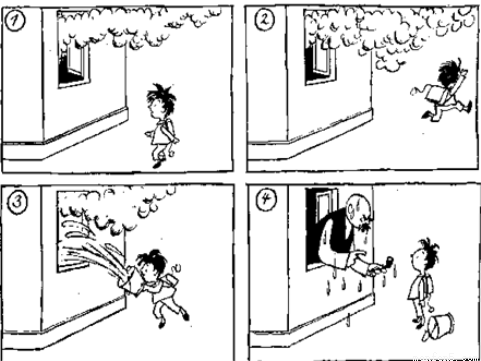题目内容
The "Chinese Dream" is ____ dream to improve people's well-being and ____ dream of harmony, peace and development.
A. the; a B. a; a
C. a; the D. the; the
B
【解析】
试题分析:考查冠词。句意:中国梦是一个提升国人身心健康的梦,也是一个和谐、和平和发展的梦,a dream 一个梦,泛指,故选B项。
考点:考查冠词

练习册系列答案
相关题目
